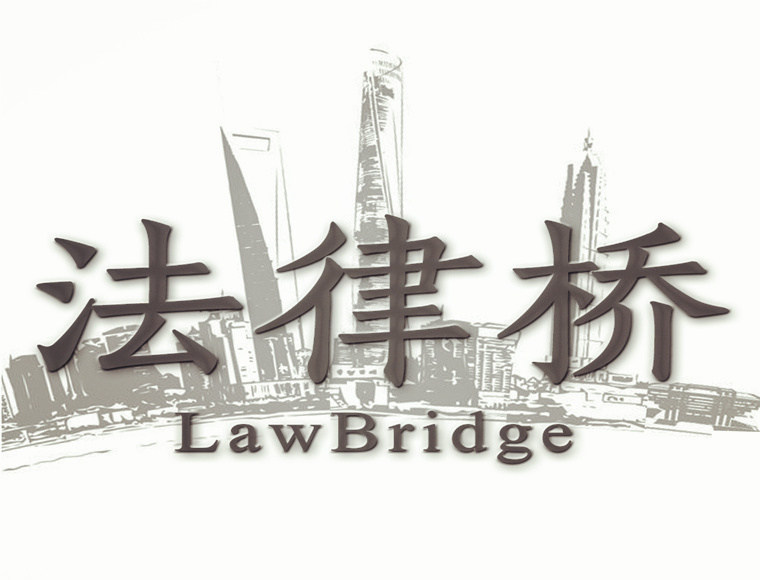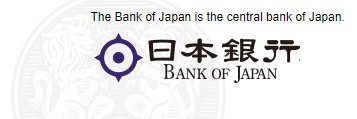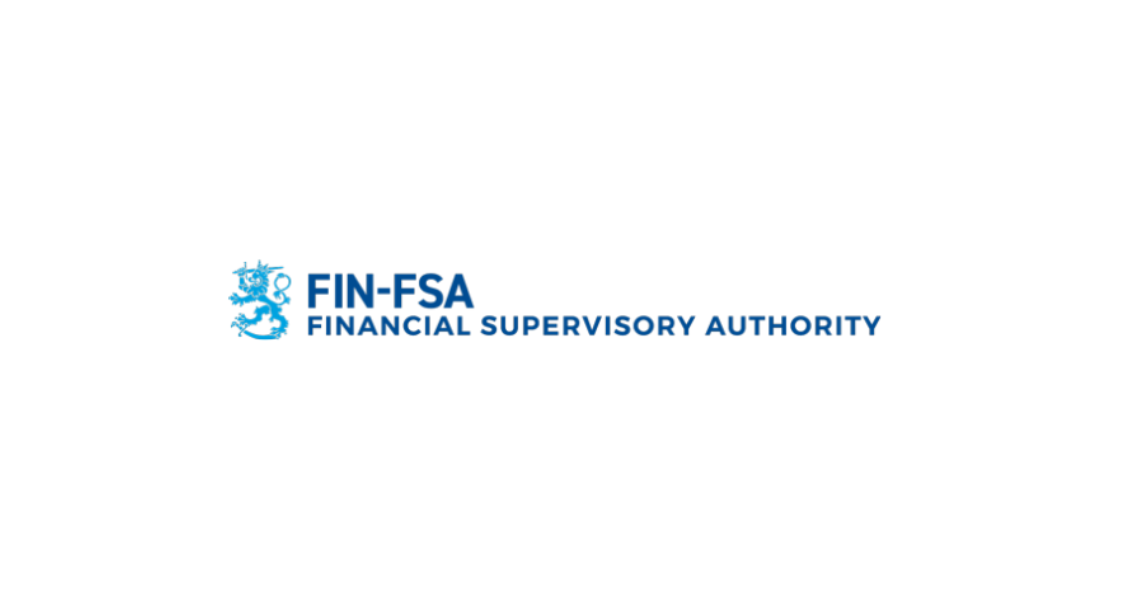Legal Trends of TMT Industry
01
Internet information service and operation
1
Internet information service
Provisions on the Administration of Deep Synthesis of Internet Information Services
On December 11, 2022, the State Internet Information Office (hereinafter referred to as the "National Cyberspace Administration"), the Ministry of Industry and Information Technology, and the Ministry of Public Security jointly issued the "Regulations on the Administration of Deep Synthesis of Internet Information Services", and on January 10, 2023 officially implemented.
The regulation consists of 25 articles, which are divided into general provisions, general provisions, data and technical management specifications, supervision and inspection and legal responsibilities, and five chapters of supplementary provisions. The general provisions stipulate its upper law and scope of application. The second chapter generally stipulates in principle the obligations of deep synthesis service providers and users, Internet application stores and other application distribution platforms. Chapter 3 Data and Technology Management Regulations regulate the behavior of the above-mentioned subjects in the field of data and technology. The Supervision and Inspection and Legal Responsibility Chapter stipulates that the network information department, the telecommunications department, and the public security department conduct supervision and inspection of deep synthesis services according to their duties. Violations of this regulation will be punished in accordance with relevant laws and administrative regulations. The supplementary chapter clarifies the connotation and extension of deep synthesis technology and related subjects.
2
Internet sales
Announcement of the State Food and Drug Administration on Regulating the Filing and Reporting of Online Drug Sales
On November 30, 2022, the State Administration for Market Regulation issued the Announcement of the State Food and Drug Administration on Regulating the Filing and Reporting of Drug Online Sales 》, which will come into force on November 30, 2022 and December 1, 2022 respectively. The former emphasizes the obligation of the third-party drug online trading platform to file with the provincial drug regulatory department where the platform is located; if the publicized filing information changes, it should be reported to the provincial drug regulatory department within 10 working days from the date of the relevant information change. Change the record; if the third-party platform for drug online trading no longer conducts relevant business, it shall continue to publicize the relevant information in a prominent position on the homepage of the platform 20 working days in advance, and take the initiative to cancel the record with the local provincial drug supervision and management department. The latter specifies drugs that are explicitly prohibited from being sold by policies and regulations and other drugs that are prohibited from being retailed through the Internet.
02
Network/Data Security
Measures for Data Security Management in the Field of Industry and Information Technology (Trial Implementation)
On December 8, 2022, the Ministry of Industry and Information Technology issued the "Data Security Management Measures in the Field of Industry and Information Technology (Trial Implementation)" (hereinafter referred to as the "Management Measures"), which will come into force on January 1, 2023. The "Administrative Measures" are divided into eight chapters with a total of 42 articles. The general chapter stipulates the upper law and applicable objects of the "Administrative Measures", the definition of data in the field of industry and information technology and data processors, and the responsible and supervisory bodies in the field of data security. Chapter 2 Data Classification and Hierarchy Management clarifies that data processors should regularly sort out data, identify important data and core data in accordance with relevant standards and specifications, and form a specific catalog of their own unit. Among them, important data and core data should be subject to filing management. Chapter 3 Data Lifecycle Security provides detailed regulations on the management of data collection, storage, processing, and transmission processes, and requires data processors to protect important data and core data to a higher degree. Chapter 4 Data Security Monitoring, Early Warning and Emergency Management, and Chapter 5 Data Security Testing, Certification, and Evaluation Management are external obligations of data processors. Chapter 6 Supervision and Inspection stipulates that data processors in the field of industry and information technology should cooperate with the supervision and inspection of industry regulatory authorities. Chapter VII Legal Responsibilities Provisions: Those who violate the provisions of these measures shall be given administrative punishments such as confiscation of illegal income, fines, suspension of business, suspension of business for rectification, and revocation of business licenses by the industry supervision department in accordance with relevant laws and regulations, and according to the severity of the circumstances; constitute a crime If so, criminal responsibility shall be investigated according to law. Chapter VIII Supplementary Provisions put forward different regulatory requirements for data processing of central enterprises, individuals, military and secrets, government affairs, national defense, and tobacco. Among them, central enterprises should supervise and guide their subordinate enterprises to perform territorial management in important data and core data catalog filing, core data cross-subject processing risk assessment, risk information reporting, annual data security incident disposal report, important data and core data risk assessment, etc. According to the requirements, it is also necessary to comprehensively sort out and summarize the data security-related situation of the headquarters and affiliated companies of the enterprise group, and report it to the Ministry of Industry and Information Technology in a timely manner. Data processing of personal information shall comply with relevant laws and administrative regulations. Data processing related to military, secret, government affairs, national defense, and tobacco is separately regulated.
Measures for the Administration of Network Security in the Electric Power Industry" and "Administrative Measures for the Level Protection of Network Security in the Electric Power Industry"
On November 16, 2022, the National Energy Administration issued the "Measures for the Administration of Cybersecurity in the Electric Power Industry" (hereinafter referred to as the "Measures for Cybersecurity") and the "Administrative Measures for the Level Protection of Cybersecurity in the Electric Power Industry" (hereinafter referred to as the "Measures for Level Protection"), both of which are Implemented from the date of publication. The "Internet Security Measures" has five chapters and thirty-five articles, which stipulates the duties of supervision and management, the responsibilities and obligations of electric power enterprises, and supervision and inspection. Infrastructure operators identify a chief cybersecurity officer. It is worth noting that the "Network Security Measures" stipulates the annual reporting obligations of power companies and key information infrastructure operators in the power industry. There are six chapters and twenty-eight articles in the "Multiple Security Measures", which stipulate the classification and protection of grades, the implementation and management of grade protection, the password management of network security grade protection, and legal responsibilities. Finally, the degree of harm is divided into five levels, and relevant protection requirements are put forward for networks of different levels.
03
Internet unfair competition
Anti-Unfair Competition Law (Revised Draft for Solicitation of Comments)
On November 20, 2022, the State Administration for Market Regulation issued the "Anti-Unfair Competition Law (Revised Draft for Comment)". The "Draft for Comments" has a total of 48 articles, 15 more articles than the current "Anti-Unfair Competition Law". In general, the "Draft for Comments" expands the scope of regulation, especially strengthens the regulation of new business forms such as platform economy and sharing economy, and also increases the upper limit of fines for multiple acts of unfair competition. Specifically, with regard to commercial confusion, the "Draft for Comments" supplements the identification types of commercial confusion such as "self-media name, application software name", and includes the sale of confusing goods and the behavior of providing convenience for the implementation of confusing behaviors into the scope of regulation. And distinguish subjective intention; Regarding commercial secrets, the "Draft for Comments" emphasizes that the state promotes the establishment of a commercial secret protection system that integrates self-protection, administrative protection, and judicial protection of commercial secrets; with regard to commercial defamation, fabrication, dissemination or instigating others to fabricate and disseminate False information or misleading information will be punished; with regard to commercial bribery, the "Draft for Comments" has made prohibitive provisions on accepting bribes; with regard to sales with prizes, the "Draft for Comments" has added a provision requiring operators to After the start of the prize sales activity, the prize sales information such as prize types, prize redemption conditions, bonus amounts or prizes shall not be changed, unless the change is beneficial to consumers. In the field of digital economy, this revision adds "national sound competition rules for digital economy" to Article 4, and at the same time, Article 12 in the current law is split and expanded in the form of "total-divided" to reflect In Articles 15 to 20. Among them, Article 18 strictly regulates the behavior of unfair data competition through "enumeration + bottom line".
04
Network platform
Opinions of the Supreme People's Court on Providing Judicial Services and Guarantees for Promoting Consumption and Opinions of the Supreme People's Court on Providing Judicial Services and Guarantees for Stable Employment
On December 26, 2022, the Supreme People's Court made relevant opinions on providing judicial services and guarantees for stable employment, and the opinions came into effect on the date of issuance. The second chapter of the opinion emphasizes "regulating the employment of new employment forms according to the law, and promoting the sustainable development of the platform economy", which specifically involves the following aspects. First, legally and reasonably identify labor relations in new forms of employment. Where the platform enterprise and its labor cooperation unit have not concluded a written labor contract with the laborer, and the laborer claims to have a labor relationship with the platform enterprise or the labor cooperation unit, the people's court shall comprehensively consider the laborer's concerns about working hours and labor management based on the employment facts and labor management level. The degree of independent determination of the workload, the degree of management control of the labor process, whether the laborer needs to abide by the relevant work rules, labor discipline and reward and punishment methods, the continuity of the laborer's work, whether the laborer can decide or change the transaction price, etc. be identified. Where platform companies or employment cooperation units require employees to register as individual industrial and commercial households before signing contracts, cooperation contracts, etc., or avoid establishing labor relations with employees in other ways, if the employees request to determine the labor relationship based on actual performance, the people's court shall Make corresponding determinations according to law on the basis of ascertaining the facts. Second, strengthen the protection of the legitimate rights and interests of workers in new forms of employment. Where laborers claim that due to non-subjective factors such as force majeure, acts of righteousness, emergency assistance, and obviously unreasonable workload or labor intensity, they complete work tasks beyond the time limit or receive bad reviews from consumers, and claim that due remuneration cannot be deducted, the people's court shall support it in accordance with the law. Third, promote and improve the comprehensive management mechanism for employment in new formats. Promote enterprises to guide and support workers in new forms of employment who do not fully meet the conditions for establishing labor relations, and participate in corresponding social insurance according to their own conditions; properly hear cases such as motor vehicle traffic accident liability disputes and non-motor vehicle traffic accident liability disputes, and reasonably determine the various cases in accordance with the law. We will promote platform companies to formulate algorithmic rules and rules and regulations that focus on observing social order such as traffic rules; unblock the procedures for adjudicating and adjudicating, improve the diversified settlement mechanism, and support various mediation organizations and legal aid agencies to provide new employment forms for laborers in accordance with the law. legal service.
On December 26, 2022, the Supreme People's Court made relevant opinions to promote the provision of judicial services and guarantees for consumption, and the opinions came into effect on the date of issuance. The opinion covers live broadcast e-commerce, platform disputes, protection of consumer rights and interests under new formats, protection of consumers' personal information, protection of rights and interests of underage consumers, etc. Specifically, if the operator of the online catering service platform fails to fulfill legal obligations such as real-name registration and examination of licenses, and consumers claim that the operator of the online catering service platform and the online catering service provider bear joint and several liabilities, the people's court shall support it in accordance with the law. Consumers need to unpack and inspect the goods to check the goods without affecting the integrity of the goods. E-commerce operators shall not claim that the seven-day no-reason return system is not applicable on the grounds that the goods have been unpacked. Where online game and webcast service providers provide online games and webcast services to minors in violation of the law, charge recharge fees, and accept live streaming tips, and consumers request the return of game recharge fees and tipping fees, the people's courts shall support them in accordance with the law . Where a person with limited capacity for civil conduct, without the consent of his guardian, spends money that is inappropriate to his age and intelligence by participating in online paid games or rewarding online live broadcast platforms, and consumers request the return of the money, the people's court shall support it in accordance with the law.























































First, please LoginComment After ~